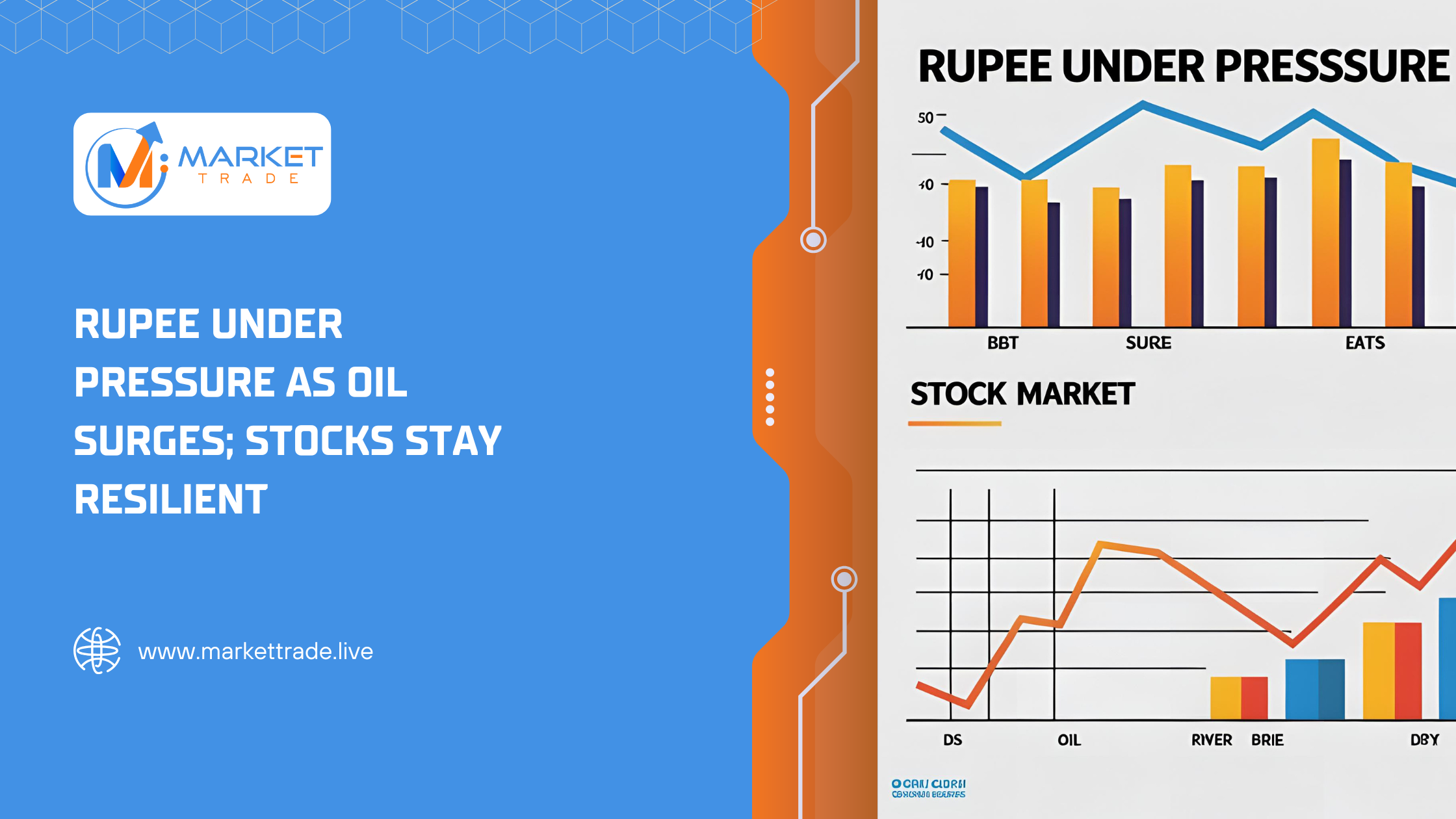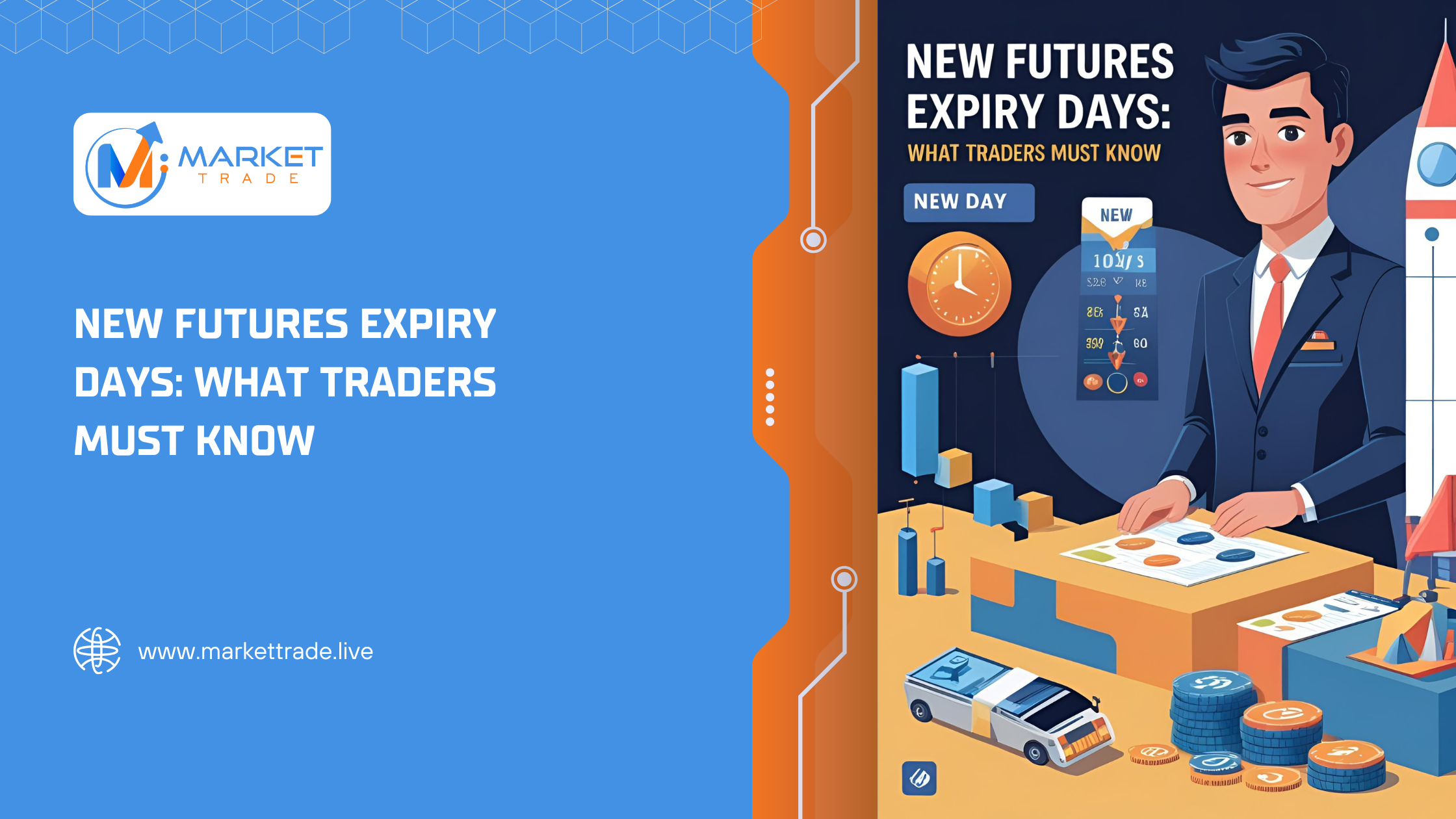Table of Contents
- What is Dabba Trading?
- Real-Life Case Studies: Learning from Experience
- Why Regulated Platforms are the Preferred Choice
- The Role of Financial Literacy
- Final Thoughts: Awareness Leads to Smart Investing
- Frequently Asked Questions (FAQ)
- 1. What is dabba trading?
- 2. Is dabba trading legal in India?
- 3. Why do people start with dabba trading?
- 4. How do I identify a regulated trading platform?
- 5. What are the benefits of regulated trading platforms?
- 6. Can I switch from dabba trading to a legal platform?
- 7. Where can I learn more about safe trading practices?
In today’s digital-first economy, access to financial markets has become easier than ever. With just a few clicks, anyone can begin their journey in trading and investing. However, it’s essential to understand the difference between formal and informal trading practices. One such method that continues to catch attention is dabba trading. Through real-life examples and an educational lens, we explore how understanding this concept can lead to better decisions and safer investments.
What is Dabba Trading?
Dabba trading refers to the execution of trades outside the purview of recognized stock exchanges like NSE or BSE. It typically involves local agents who match trades internally without routing them through a proper exchange. Although it may seem convenient or cost-saving to some at first, the lack of regulation and transparency can have significant implications.
Rather than focus on the downsides, let’s use real-life stories to highlight the power of awareness and the benefits of making informed choices in financial trading.
Real-Life Case Studies: Learning from Experience
Case Study 1: The Mumbai Market Enthusiast
Rahul, a young investor from Mumbai, was introduced to dabba trading through a local network. Initially, the fast-paced environment excited him, but he soon realized he lacked access to official reports and statements. After attending a seminar hosted by a certified brokerage firm, he switched to a regulated trading platform. Today, he not only trades with confidence but also helps mentor new investors on the importance of transparency in finance.
Case Study 2: From Informal to Informed in Ahmedabad
Priya, a business owner in Ahmedabad, began trading informally during the pandemic. After seeing an ad for a webinar on smart investing, she decided to explore legal trading options. She was amazed by the analytical tools, security features, and educational content offered by official apps. Her portfolio now includes a mix of stocks, mutual funds, and ETFs — all tracked in real time.
Case Study 3: Tier-2 City Awareness Campaign
In a tier-2 city in South India, a local financial literacy drive helped over 300 individuals understand the benefits of registered trading platforms. The participants, many of whom had dabbled in dabba trading, shared how the campaign helped them transition to official accounts. These sessions emphasized investor protection, long-term benefits, and the peace of mind that comes with proper compliance.
Why Regulated Platforms are the Preferred Choice
Choosing regulated trading platforms ensures:
- Accurate trade execution
- Regulatory oversight by SEBI
- Protection of investor funds
- Legal documentation and reports
- Educational tools and analysis
- User-friendly mobile apps
With so many investor-focused features, it’s easy to see why an increasing number of people are leaving behind informal methods for verified, trustworthy platforms.
The Role of Financial Literacy
Many former users of dabba trading have turned into ambassadors for financial education in their communities. They’ve seen first-hand how important it is to choose platforms that comply with national standards and offer investor support. Through this transformation, they prove that knowledge truly is power.
Governments, financial institutions, and educators continue to play a major role in building investor confidence. Initiatives like online workshops, investor protection funds, and regional seminars help bridge the gap between informal and formal systems — and encourage users to embrace legal trading options.
Final Thoughts: Awareness Leads to Smart Investing
The world of trading is full of opportunities — and the path to success lies in choosing smart, secure, and transparent options. The journey of understanding dabba trading through real-life stories reinforces the value of informed decision-making.
Whether you are a beginner or an experienced investor, always prioritize platforms that are regulated, secure, and provide proper support. Empower yourself with knowledge and take confident steps toward your financial goals.
Frequently Asked Questions (FAQ)
1. What is dabba trading?
Dabba trading is an informal method of trading in the stock market where transactions take place outside the official stock exchanges like NSE and BSE. These trades are not routed through a recognized broker or exchange platform.
2. Is dabba trading legal in India?
While this blog focuses on awareness and education, it’s important to know that using regulated trading platforms ensures compliance with national financial standards. These platforms offer security, transparency, and peace of mind.
3. Why do people start with dabba trading?
Some individuals are introduced to dabba trading through local connections or due to a lack of awareness. However, many later shift to legal trading options after learning about the benefits of regulated platforms.
4. How do I identify a regulated trading platform?
Look for platforms registered with SEBI (Securities and Exchange Board of India). They usually provide verified trading apps, online portals, real-time portfolio tracking, and strong customer support — making them ideal for both beginners and experienced investors.
5. What are the benefits of regulated trading platforms?
Using regulated trading platforms ensures:
- Secure transactions
- Real-time updates
- Regulatory protection
- Transparent reports
- Learning resources for investors
These platforms support smart investing with long-term growth in mind.
6. Can I switch from dabba trading to a legal platform?
Yes, absolutely! Many investors have successfully transitioned from dabba trading to official platforms. The process is simple and rewarding, offering better tools, insights, and complete control over your investment journey.
7. Where can I learn more about safe trading practices?
You can attend online financial literacy webinars, follow SEBI’s investor education programs, or connect with certified brokers. Choosing legal trading options gives you access to these resources and more.
Disclaimer: Investing involves risks. Avoid unregulated platforms like dabba trading. Always choose SEBI-registered brokers for safe and legal trading. Stay informed, stay secure—because informed investing is smart investing.





